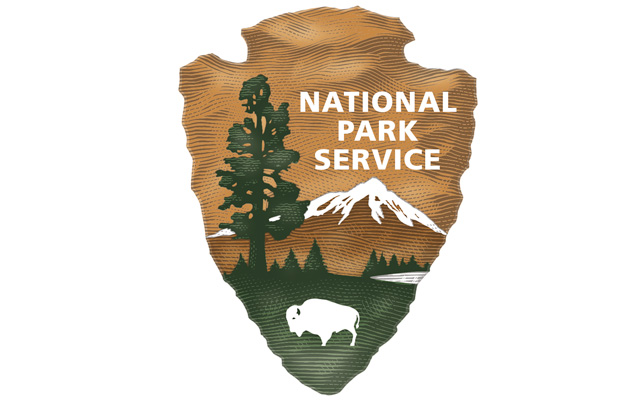Ecotourism is hurting our environment. Many people may think that ecotourism is help our environment, that by being an ecotourist, you are being one with nature. This unfortunately is not true. Of course you could still be one with nature, but it is not good for the environment. In article 3,
Keeping Bears Wild - Or Trying - At National Parks, a park ranger at Great Smoky's National Park, who works with protecting the wildlife, most of the time bears, named Williamson says "It's a very difficult window to try to capture, because neither one can behave themselves, humans can't help but get too close to bears or drop food crumbs on the ground; bears can't help but eat the crumbs.". He also says "He can educate all of the bears he wants here, but he can't educate all of the people." This is a problem that many of the parks face. Especially Great Smoky's National Park.
Great Smoky's National park is probably the most visited national parks in the U.S. This is a huge accomplishment. But is it really? As Williamson said above "He can educate all of the bears he wants here, but he can't educate all of the people." When you have some 11 million people in your park they are hard to control and they can end up destroying the beauty and the 'wild' factory of national parks. This is seen a lot at Great Smoky's and other popular ecotourism sites around the world. Williamson see's the 'wild' factory almost fade away with bears. They call it habitation. In article 3,
Keeping Bears Wild - Or Trying - At National Parks, Williamson says, watching the sow nose a rock aside. "This is how habituation happens. She's just tolerant of us right now. She doesn't even spook when a frustrated motorist honks his horn at the car in front of him. Her two cubs seem oblivious too, as they stumble over downed logs and try to keep pace with their slow-moving mother... They're learning right now," Williamson says. They're learning to not be afraid of humans, which puts them on that slippery slope to becoming problem bears."
Also it is not just happening to bears. In article 5,
Is ecotourism and oxymoron?, Christie Wilcox says "Ecotourists around the world may be inadvertently causing more harm than good, and that certainly seems to be the case in Kona. No one knows how the mantas’ behavior has been altered by the nightly interactions with humans and the artificial plankton aggregations created by their lights...The Kona industry might be “taming” the rays, causing unforeseen harm — in addition to the damage to the reef and rays already documented.” In article 1,
National Park Service Celebrates 100th Anniversary, Rott from npr says "So she's scaring it off because in order to preserve and protect this bear and these people, it can't be hanging out this close to a road and this close to people. It's good for pictures, but it's not good for the bear."
Not only that but people actually ruin other animals lives and the nature like coral, trees and other plants. In article 2,
Is Ecotourism Helping or Hurting Our National Parks?, Sencer says "Visitors’ poor behavior has been a growing problem, too. especially in national parks. In the past couple of years, the national parks have made headlines several times because of human misbehavior. In 2015, a family interfered with a bison calf in Yellowstone National Park, which they had presumed was in danger because it was alone in the snow. Bison are physiologically equipped to handle the harsh winters in the midwest. In the end, the family’s misjudgment cost the bison its life after attempts to reunite it with its herd failed….Recently, a woman was sentenced for vandalizing sites in parks around the country, something that unfortunately has impacted many parks over the years.”
Also in article 5,
Is ecotourism and oxymoron?, Christie Wilcox says "Lights in all directions from the dozens of dive groups disoriented us, and we were tossed this way and that by the high surge as our dive master attempted to move large, venomous urchins out of the way with tongs so we could sit on the reef. She instructed us to hold tight to the coral — even though touching the coral can kill it — as the water pushed us this way and that." She also says "I tried to remind myself that some of the money paid by all of these people would be used to conserve this place, to protect the majestic animals we anxiously awaited. But looking around, it was hard to believe that any of this was going to help the manta rays."
We may think that we are helping, but we are hurting the animals and their ecosystem. On the whole ecotourism helps us, through providing jobs, getting money, and letting us spend time in preserved nature. Yet it hurts the animals and their lives, by taking away the 'wild' factor within them and vandalizing their habitat. Ecotourism is bad and that is our fault. Here is this quote from article 3,
Keeping Bears Wild - Or Trying - At National Parks, Williamson says "He can educate all of the bears he wants here, but he can't educate all of the people." and that is the problem.

